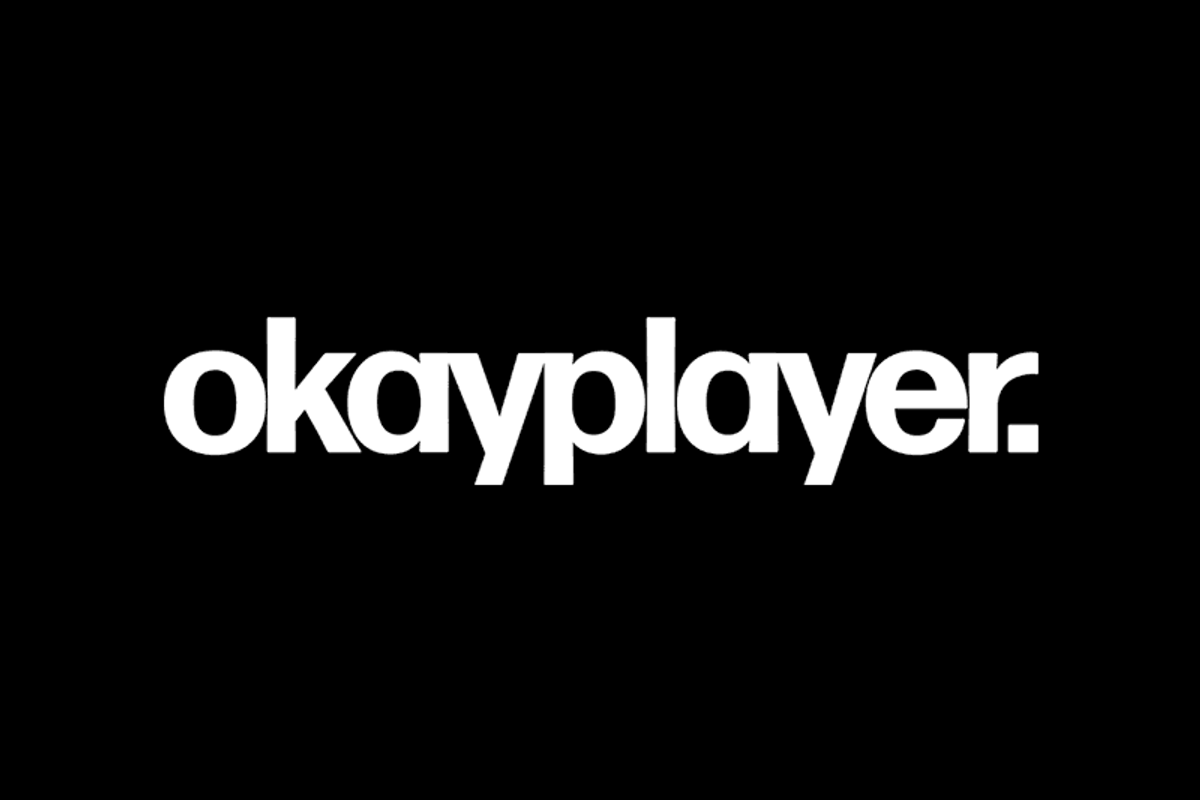
Prison Strike-iww-incarcerated-workers-organizing-committee
To continue reading
Create a free account or sign in to unlock more free articles.
By continuing, you agree to the Terms of Service and acknowledge our Privacy Policy
Register
The content is free, but you must be subscribed to Okayplayer to continue reading.
THANK YOU FOR SUBSCRIBING
Join our newsletter family to stay tapped into the latest in Hip Hop culture!
Login
To continue reading login to your account.
Forgot your password?
Please enter the email address you use for your account so we can send you a link to reset your password:

Earlier this month marked the 45th anniversary of the prison uprising at Attica Correctional Facility in Upstate New York. To read more about the 1971 Attica prison uprising click here. Coinciding with the anniversary prisoners in multiple states have went on strike protesting inhumane conditions on the inside with grievances that range from physical violence from guards to slave like working conditons with little to no monetary compensation. The Federal Bureau of Prison states that all able bodied prisoners are required to work and receive anywhere from 12 cents to 40 cents per hour. Yes cents. Oh, and there are still taxes. Some of these jobs include stitching American flags. States such as Georgia do not compensate prisoners what so ever. Avenues to air grievances and organize for better working conditons are nearly non existent and if a prisoner refuses to work they can be isolated in their cell for up to 24 hours a day. On top of that many of these prison work sites are outright dangerous. Over 800,000 inmates work in prisons and the United States incarcerates more people than any other country in the world. People of color, and black people in specific are disproportionately represented in these statistics.
This latest round of prison protests officially began on September 9th. Not nearly enough coverage has been given to the protests in mainstream media and even less information has filtered out of the prisons affected despite it being arguably the largest coordinated prison strike in U.S. history. Last week, The Intercept reported that twenty prisons in eleven different states have joined the strike so far. A few days later Mother Jones reported the number to have increased to 24,000 prison laborers refusing to work and twenty-nine prisons in twelve states seeing actions occur. States that have seen prisoners engage in the strike include Alabama, California, Florida, Indiana, Louisiana, Michigan, New York, Ohio, South Carolina, and Washington.
A myriad of organizations have helped to organize the protests. One of these organizations the IWW (Industrial Workers of The World) Incarcerated Workers Organizing Committee, who are acting as a liaison between prisoners and the outside, write on their website, "Prisoners are on the front lines of wage slavery and forced slave labor where refusal to work while in prison results in inhumane retaliation and participating in slave labor contributes to the mechanisms of exploitation."
There were reports of inmates at Michigan's Kinross Correctional Facility skipping out on work in protest. Prisoners in South Carolina released a list of demands that include an end to free prison labor and kicking mentally ill patients from treatment programs back into general population, a reinstitution of GED classes for those that seek to obtain education, and more. According to the Miami Herald multiple prisons throughout Florida have seen actions by inmates. Around 40 prisoners at Columbia Correctional protested by taking control of a dorm section. Holmes Correctional Institution, Gulf Annex Correctional, Mayo Correctional and Jackson Correctional, all mass incarceration camps in Florida, have also seen protests occur. Although information is few and far in between there has been news of prison strike leaders being punished with solitary confinement and other forms of retribution from prison officials.
In other news the Beyond Attica Coalition is working to close the Attica Correctional Facility, the same prison that saw the infamous prison uprising 45 years ago. The organization describes their mission and themselves as:
"a statewide coalition of organizations and community members joining together to close Attica. Attica represents an epicenter of racist brutality and inhumane treatment, and we are organizing to close it immediately as we strive to end staff violence and abuse across all prisons. Because imprisonment is fundamentally violent, we are working to reduce the number of prisons and people imprisoned in New York. We believe a safer and stronger New York is possible where resources wasted on caging people are freed to build the things that help communities thrive: education, housing, healthcare and human services."
To learn more about the campaign to close Attica Correctional Facility head over here and check back for updates regarding the prison strike.
\u201cLargest Prison Strike in U.S. History Enters Third Week https://t.co/b4wZRs53te\u201d— Democracy Now! (@Democracy Now!) 1474420512